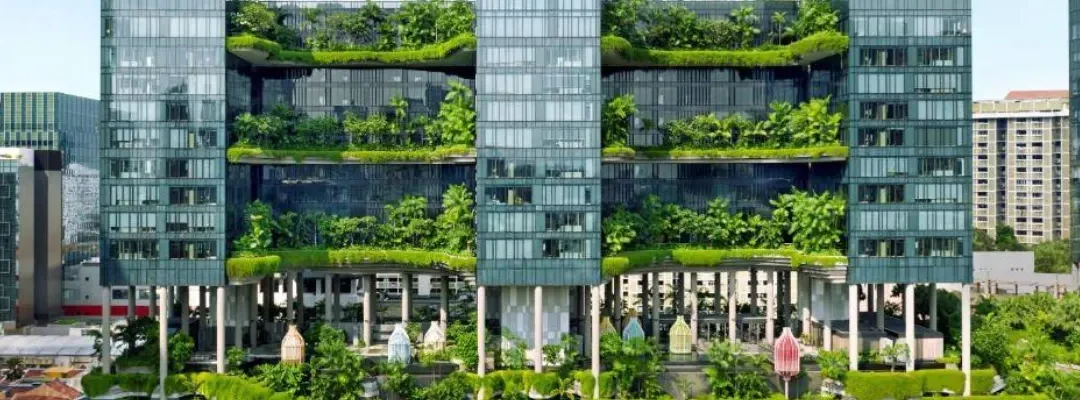As India accelerates toward its sustainability goals, the construction sector plays a pivotal role. Government initiatives and green building regulations are reshaping how buildings are planned, constructed, and operated—with a strong emphasis on environmental responsibility, resource efficiency, and long-term sustainability.
In 2025, developers, architects, and contractors must not only understand but actively align with these frameworks to stay compliant, competitive, and future-ready.
Why Green Building Compliance Matters
- Reduces environmental footprint
- Cuts operational costs (energy, water, waste)
- Enhances marketability and asset value
- Eligible for tax rebates and fast-track approvals
Key Government Initiatives Promoting Green Construction
1. Energy Conservation Building Code (ECBC)
- Developed by: Bureau of Energy Efficiency (BEE)
- Applies to: Commercial buildings >100 kW connected load
- Mandates standards for: HVAC, lighting, insulation, solar usage
Update: ECBC-R (Residential) is being rolled out in several states including Karnataka.
2. Green Rating for Integrated Habitat Assessment (GRIHA)
- Endorsed by: Ministry of New and Renewable Energy (MNRE)
- Applicable for: Residential, institutional, commercial buildings
- Focuses on: Energy, water, waste, and embodied carbon
Benefit: Projects with 3+ stars may receive property tax rebates in cities like Pune and Noida.
3. LEED India
- Administered by: IGBC in collaboration with USGBC
- International standard adapted for Indian context
- Emphasizes: Site sustainability, water efficiency, materials, and indoor environmental quality
Note: Popular among IT parks and large commercial campuses.
4. National Building Code (NBC) – 2016 with 2024 Amendments
- Comprehensive document covering fire safety, structural standards, and sustainability
- Mandates rainwater harvesting, waste management, and daylight utilization
Mandatory Compliance: For all new public buildings and government-funded projects
5. Smart Cities Mission
- Focused on sustainable urban development in 100+ Indian cities
- Encourages green building adoption via integrated planning, digitized building permits, and funding
Cities like Bangalore, Pune, and Ahmedabad have adopted model by-laws to fast-track green projects.
6. State-Specific Policies
Karnataka (including Bangalore):
- Karnataka Energy Conservation Building Code (KECBC)
- Mandatory solar water heaters in residential complexes
- BBMP requires rainwater harvesting and waste segregation in new builds
Incentives for Green Building Projects
| Incentive Type | Examples |
|---|---|
| Property Tax Rebates | 5–10% in Noida, Thane, and Hyderabad |
| FAR Relaxation | Up to 10% extra FAR in green-certified buildings |
| Fast-Track Approvals | Offered by BBMP and HUDA for IGBC/GRIHA projects |
| Financial Subsidies | Interest subsidies on green home loans from SBI and HDFC |
How to Ensure Compliance
- Engage Early with Certified Sustainability Consultants
- Choose a Suitable Rating System (GRIHA, LEED, IGBC)
- Incorporate Features Like:
- Solar PV systems
- Rainwater harvesting and greywater reuse
- Energy-efficient HVAC and lighting
- Smart metering and automation
- Document Everything: Maintain logs, certifications, test reports, and audit trails
- Get Pre-Approval for Incentives: Most benefits require intent submission before construction starts

